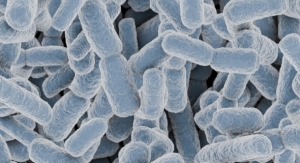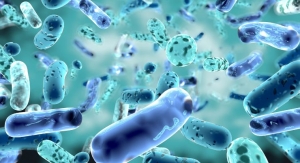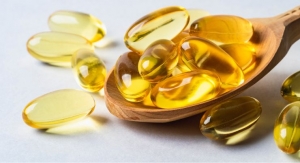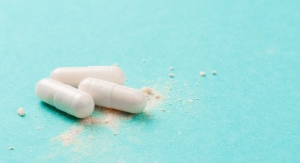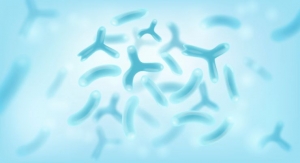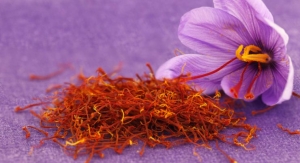05.02.24
Juice from red cabbage may help to alleviate health conditions like inflammatory bowel disease (IBD), according to a new animal study by a team of researchers at Missouri University. The findings were published inthe International Journal of Molecular Sciences.
IBD, which is estimated by the Centers for Disease Control and Prevention to affect over 3 million Americans, is a broad term describing conditions involving chronic inflammation of the gut. The two most common are Crohn’s disease and ulcerative colitis.
Red cabbage juice is rich in essential minerals, oligosaccharides, and other bioactive substances like glucosinolates, indole-sulfur phytoalexins, S-methylmethionine, and several phenolic compounds previously linked to gut health benefits.
According to the authors of the study, the diverse array of bioactives found in red cabbage juice conferred a prebiotic effect in mice, promoting the growth of bacteria that produced short-chain fatty acids and anti-inflammatory metabolites. These changes are associated with improvements to gut barrier function, enhanced colon repair, and antioxidant effects. These bacteria triggered an anti-inflammatory receptor in the colons of mice and boosted regulatory T cells, and promoted an anti-inflammatory immune balance.
“Our study demonstrates colitis remission in a DSS-induced mouse model, showcasing red cabbage juice as a potential modulator for gut microbiota and metabolites, with promising implications for IBD prevention and treatment,” the authors of the study wrote. “The current study provides valuable insights into the potential benefits of red cabbage juice in mitigating colonic inflammation … we plan to conduct additional metagenomic studies alongside meta-transcriptomic datasets. These investigations are on the horizon. Additionally, we aim to quantify short-chain fatty acids (SCFAs) using mass spectrometry and elucidate the precise molecular mechanisms governing SCFAs.”
IBD, which is estimated by the Centers for Disease Control and Prevention to affect over 3 million Americans, is a broad term describing conditions involving chronic inflammation of the gut. The two most common are Crohn’s disease and ulcerative colitis.
Red cabbage juice is rich in essential minerals, oligosaccharides, and other bioactive substances like glucosinolates, indole-sulfur phytoalexins, S-methylmethionine, and several phenolic compounds previously linked to gut health benefits.
According to the authors of the study, the diverse array of bioactives found in red cabbage juice conferred a prebiotic effect in mice, promoting the growth of bacteria that produced short-chain fatty acids and anti-inflammatory metabolites. These changes are associated with improvements to gut barrier function, enhanced colon repair, and antioxidant effects. These bacteria triggered an anti-inflammatory receptor in the colons of mice and boosted regulatory T cells, and promoted an anti-inflammatory immune balance.
“Our study demonstrates colitis remission in a DSS-induced mouse model, showcasing red cabbage juice as a potential modulator for gut microbiota and metabolites, with promising implications for IBD prevention and treatment,” the authors of the study wrote. “The current study provides valuable insights into the potential benefits of red cabbage juice in mitigating colonic inflammation … we plan to conduct additional metagenomic studies alongside meta-transcriptomic datasets. These investigations are on the horizon. Additionally, we aim to quantify short-chain fatty acids (SCFAs) using mass spectrometry and elucidate the precise molecular mechanisms governing SCFAs.”






